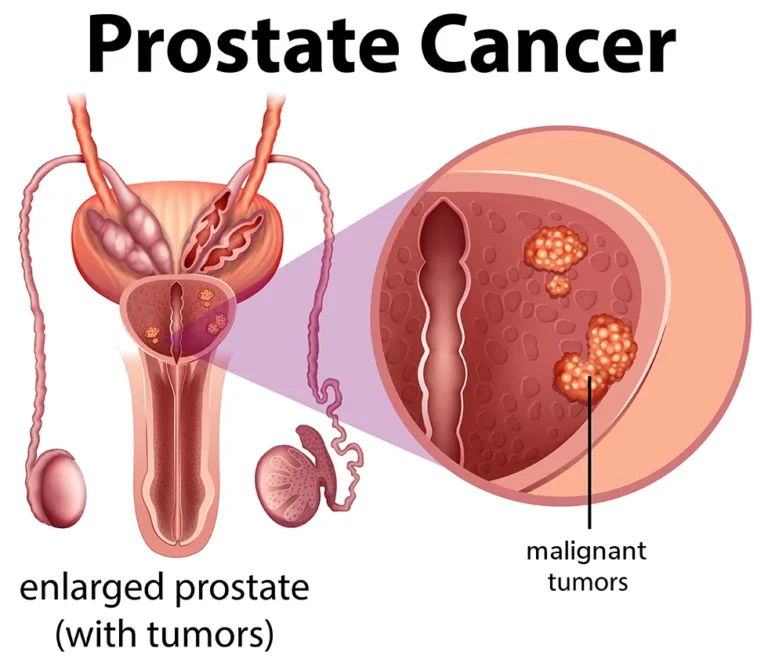A powerful, easily obtained tool may help men survive prostate cancer: fish. A study from McGill University in Montreal has found that men who regularly include fish in their diet and are later diagnosed with prostate cancer have a significantly greater chance of surviving the illness.
Published in the American Journal of Clinical Nutrition, the research offers a crucial distinction. It found no link between eating fish and preventing prostate cancer. The powerful benefit was solely in improving survival rates after diagnosis.
The Survival Benefit: What the Study Found
Lead author Dr. Konrad M. Szymanski of the McGill University Health Center put the findings into stark perspective for Reuters Health: “In the United States, one in six men will be diagnosed with prostate cancer over their lifetime. One in six of these men will die of prostate cancer. Our study findings suggest that the number of men who die once diagnosed is lowered by more than 50 percent among men eating lots of fish.”
After analyzing data from 31 studies involving hundreds of thousands of patients, Dr. Szymanski and his colleagues found that men who ate fish regularly were 44 percent less likely to develop metastatic (end-stage) prostate cancer.
“All we can say is eating more fish can have some benefit. How many servings of fish or how many grams needed a day, unfortunately we cannot say,” he noted, indicating an area for future research.
Why Might Fish Be Protective?
The study speculates that the dramatic reduction in death risk may be due to the omega-3 fatty acids found in fish oil. These fats have a potent anti-inflammatory effect that may help slow or prevent cancer from progressing to fatal stages.
It is important to note that this study analyzed fish consumption, not fish oil supplements. While other research suggests supplements can be helpful by reducing inflammation, more study is needed to confirm their specific role in combating prostate cancer.
A Simple Strategy in a Complex Fight
“Prostate cancer is a very common disease,” Dr. Szymanski said. “If we can possibly introduce a relatively cheap and easy-to-implement policy that could have even a small impact on how this disease affects men, we could make a very big impact overall.”
This research underscores that diet and lifestyle are critical components of men’s health, particularly when facing a diagnosis like prostate cancer. In the United States, prostate cancer is diagnosed in over 200,000 men and takes over 35,000 lives yearly.
For more detailed information on prostate cancer, its treatment, and ongoing research, a reliable resource is the Prostate Cancer Foundation.

